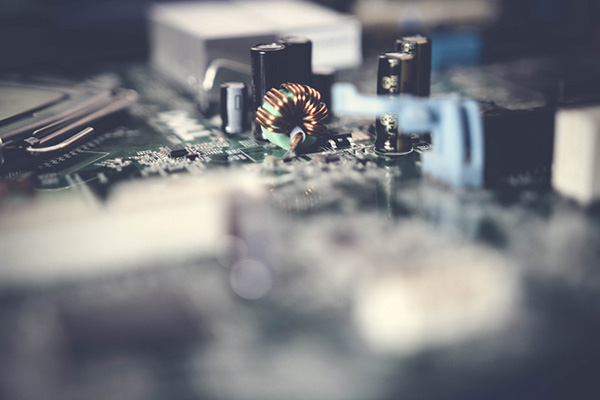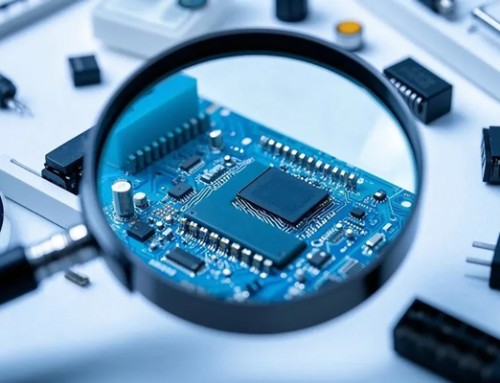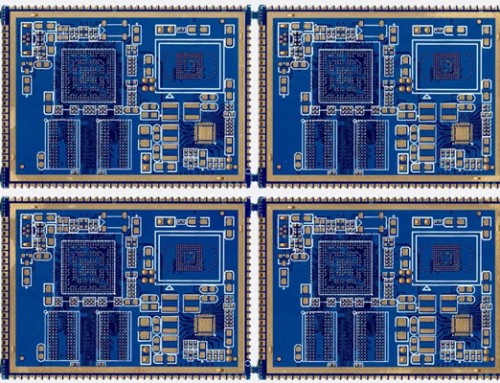In the field of medical equipment, PCBA (Printed Circuit Board Assembly) power management is important for the safe and efficient operation of various medical devices. Power management solutions ensure that medical devices receive stable and regulated power supply, while also managing energy consumption to maximize efficiency and reduce heat generation. This article will discuss some of the key medical PCBA power management solutions and their application.
One of the primary concerns in medical PCBA power management is to ensure a stable and reliable power supply. Medical devices often require precise and consistent power levels to function correctly. To achieve this, PCBA power management solutions incorporate various components such as voltage regulators, power factor correction (PFC) controllers, and DC-DC converters. These components help in maintaining a stable voltage level and ensuring efficient power distribution throughout the medical device.
Voltage regulators are essential components in medical PCBA power management solutions. They provide a constant output voltage by regulating the input voltage, which fluctuates due to variations in the power source or loading conditions. Voltage regulators protect the medical device from voltage spikes and ensure the proper functioning of sensitive electronic components.
Power factor correction (PFC) controllers are another crucial component in medical PCBA power management solutions. PFC controllers improve the power factor of the AC-DC power supply, resulting in more efficient power transfer and reduced reactive power. This not only saves energy but also reduces heat generation, which is critical in medical applications to prevent overheating and potential damage to the device.
DC-DC converters play a vital role in medical PCBA power management by providing regulated and isolated power conversion between different voltage levels. These converters help in optimizing power distribution within the medical device, reducing energy waste, and ensuring the efficient operation of various electronic components.
Another important aspect of medical PCBA power management is energy conservation. Medical devices often have strict energy efficiency requirements to reduce environmental impact and lower operational costs. Power management solutions incorporate components such as power switches, MOSFETs, and passive components like inductors and capacitors to optimize energy consumption. These components minimize energy loss during power conversion and distribution, resulting in higher overall energy efficiency.
Medical PCBA power management solutions also focus on safety. Fault detection, protection, and management (FPDM) components are integrated into the power management system to detect and prevent potential hazards such as overcurrent, overvoltage, and short-circuiting. These components help in safeguarding both the medical device and the patient, ensuring reliable and safe operation.
Now let’s discuss some applications of medical PCBA power management solutions:
Patient Monitoring Systems: Patient monitoring systems are critical in hospitals and healthcare facilities for continuous monitoring of patients’ vital signs. PCBA power management solutions ensure stable and efficient power supply to the sensors, display, and other electronic components, enabling accurate and reliable monitoring.
Medical Imaging Devices: Medical imaging devices such as X-ray machines, computed tomography (CT) scanners, and magnetic resonance imaging (MRI) machines require high-power and precise power management solutions. PCBA power management ensures optimal power distribution and efficient operation of the imaging sensors, control systems, and other electronic components.
Diagnostic Equipment: Diagnostic equipment like automated analyzers, blood gas analyzers, and ultrasound machines require reliable power management solutions. PCBA power management ensures stable power supply to the various sensors, pumps, and other electronic components, enabling accurate and efficient diagnostic testing.
Surgical Instruments: Surgical instruments such as scalpels, drills, and lasers require precise and reliable power supply for their operation. PCBA power management solutions provide stable and regulated power to these instruments, ensuring safe and efficient surgical procedures.
Wearable Medical Devices: Wearable medical devices, such as smartwatches, fitness trackers, and insulin pumps, require compact and efficient power management solutions. PCBA power management ensures optimal power consumption and battery life, enabling prolonged and reliable device operation.
In conclusion, medical PCBA power management solutions are crucial for the safe, efficient, and reliable operation of various medical devices. These solutions ensure stable and regulated power supply, optimize energy consumption, and provide safety measures to protect both the device and the patient. The applications of medical PCBA power management solutions are diverse, encompassing patient monitoring systems, medical imaging devices, diagnostic equipment, surgical instruments, and wearable medical devices. As technology advances, the demand for efficient and compact power management solutions in the medical field will continue to grow, contributing to improved patient care and reduced healthcare costs.



